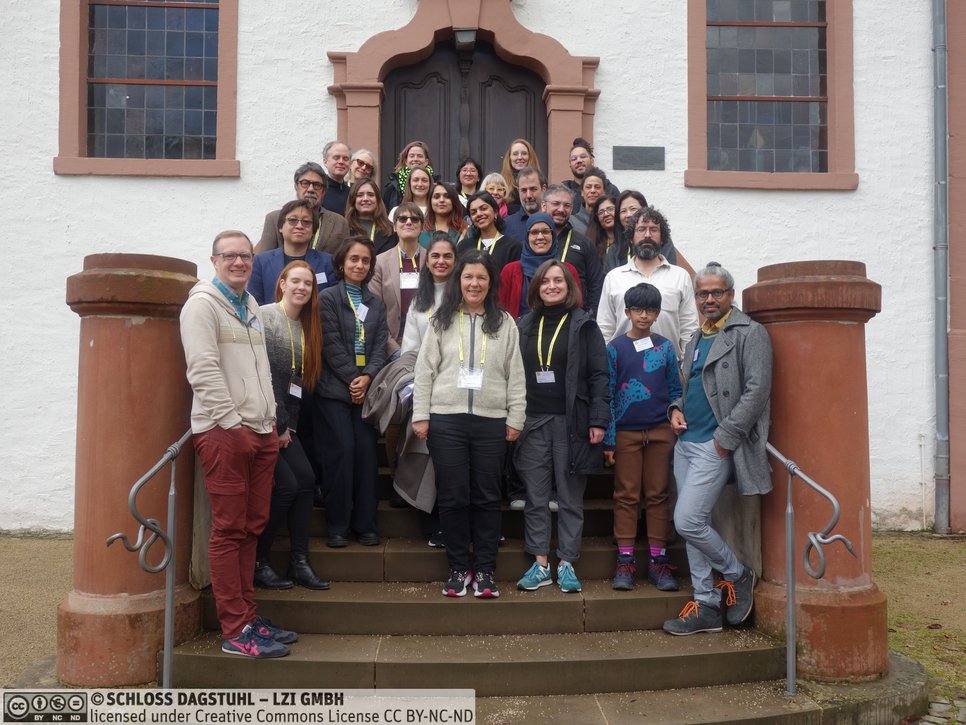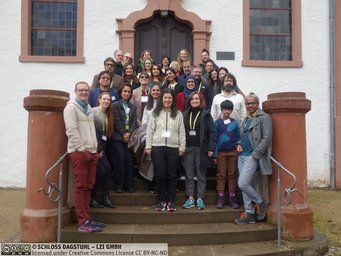How to make GenAI culturally inclusive?
Dagstuhl Seminar brought together computer science, social sciences, tech, and creative industry experts to develop a multidisciplinary vision for culturally inclusive generative AI.
When looking at the outputs of Generative AI, we often observe bias towards Western cultures and values. There is a growing risk that the distribution of culturally non-representative materials created with the help of GenAI will lead to a global imposition of values. Experts from the social sciences and creative industries are integral in developing measures to mitigate this risk. “Building culturally sensitive, responsive, and accountable AI systems will require researchers and engineers to include diverse disciplinary voices, local community expertise, and cultural knowledge in AI research and development,” declares Asia Biega, one of the organizers of the Dagstuhl Seminar and Tenure-Track Faculty member at MPI-SP. The Dagstuhl Seminar aimed to facilitate the exchange of knowledge between core computer science experts and researchers from the social sciences and humanities to create a framework for a more culturally attuned GenAI. In a series of panels, brainstorming sessions, and lively discussions, the experts developed a long-term vision for ensuring that AI becomes globally inclusive. Documentation of the seminar and its outcomes will be published as part of the Dagstuhl Reports periodical in several months.

About the Dagstuhl Seminars
Dagstuhl Castle, the home of the Leibnitz Center for Informatics, provides a unique environment designed to foster and facilitate scientific exchange. The review process of the seminar proposal is extremely competitive, ensuring the best scientific quality for the participants at these events. The Dagstuhl Seminar titled “Towards a Multidisciplinary Vision for Culturally Inclusive Generative AI”, organized by Asia Biega (MPI-SP), Georgina Born (University College London), Fernando Diaz (Carnegie Mellon University), Mary L. Gray (Microsoft New England R&D Center), and Rida Qadri (Google), took place at the beginning of this year.
